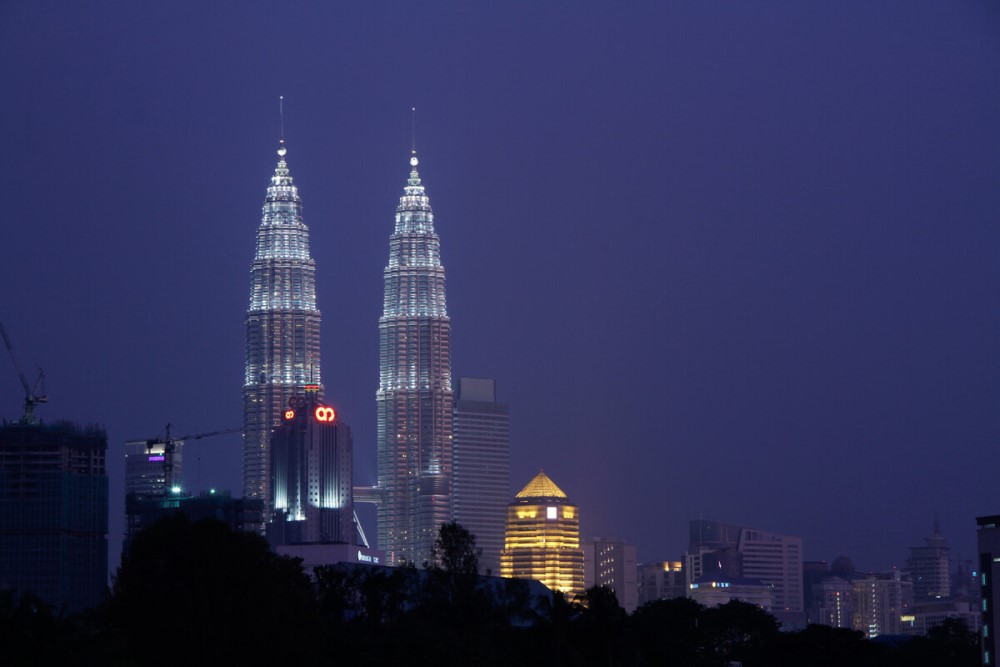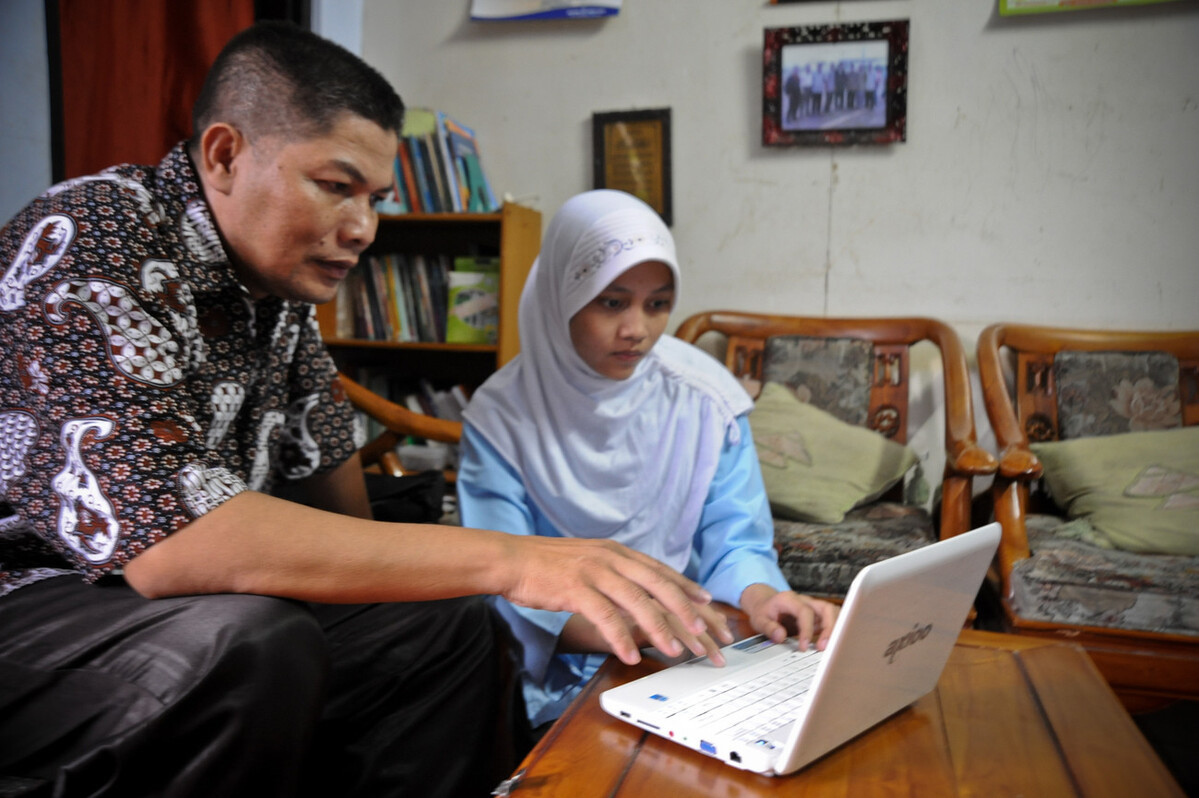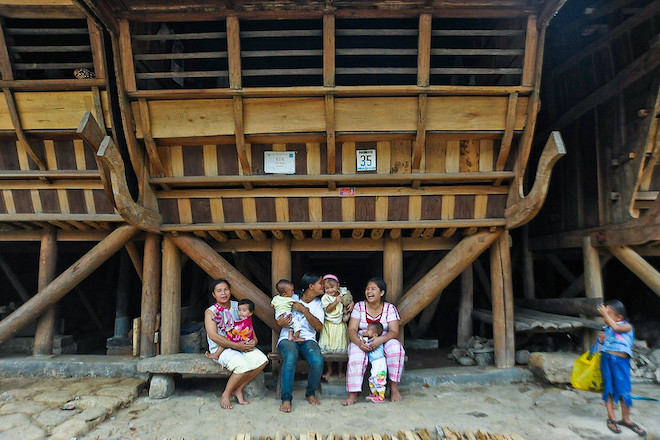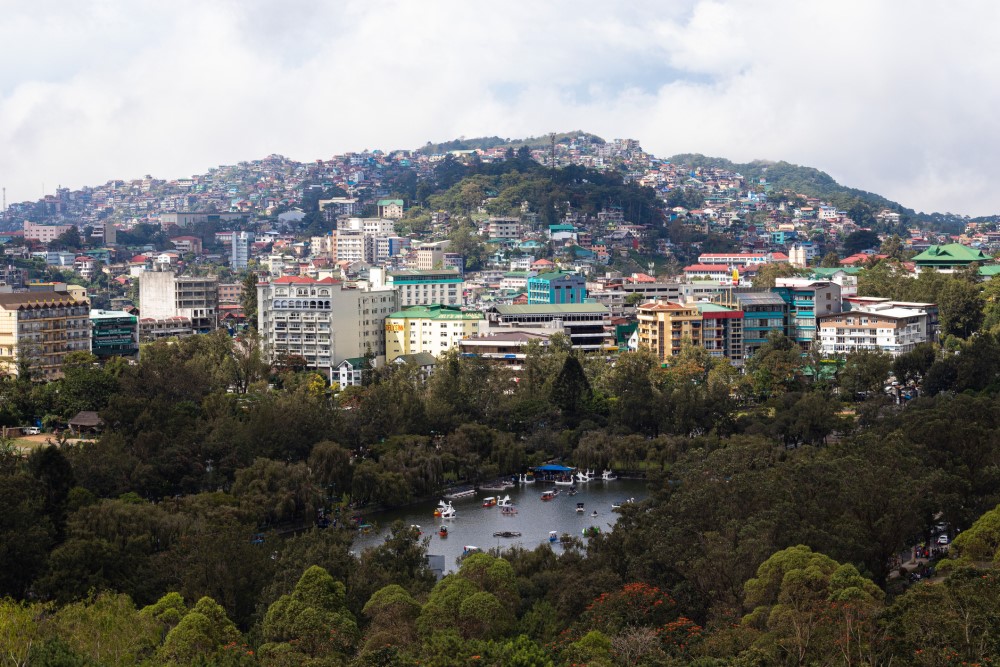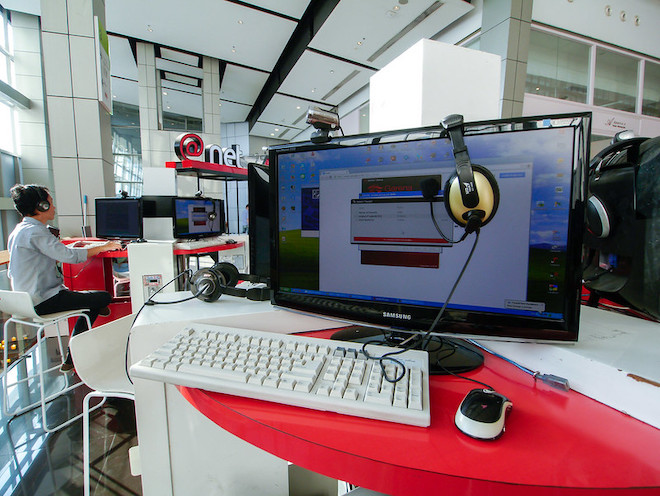Frontier technologies represent a $350-billion market, with the potential grow to more than $3.2 trillion by 2025.

Solutions

View All Solutions
The digital transformation journey consists of three elements, known as the 3Ps: people, process, and platform and technology.
Generative AI could become like our seventh sense—that is, a natural and unconscious extension to the way we gather information and make decisions.
The Clean Growth Handbook Malaysia identifies opportunities to introduce or scale clean growth in four priority sectors—power, transport, buildings, and manufacturing.
Through gamification, personalization, and socialization, these emerging technologies can spark action among users about protecting the environment
The fund will invest in the development of critical AI skills and build confidence among workers and job-seekers, particularly those in underserved communities across the region.
The Ministry of Health is rolling out reforms, including improving primary and referral care, addressing the shortage of medical specialists, and widening health access.
Improving climate resilience is key to achieving Baguio's vision of becoming an inclusive and livable city.
Addressing the region's digital divide, broadening digital economy participation, nurturing nascent sectors, and establishing the right policies are key.
The integration of metaverse technologies such as virtual reality, augmented reality, and artificial intelligence into classroom learning would help provide a more enriched learning experience.
Thanks to a new PCB waste destruction facility, it now has the means to handle 20 tonnes of PCB-contaminated liquid waste and 10 tonnes of solid waste daily.
There is no overwhelming proof that e-commerce has fully realized its potential for inclusive development.



